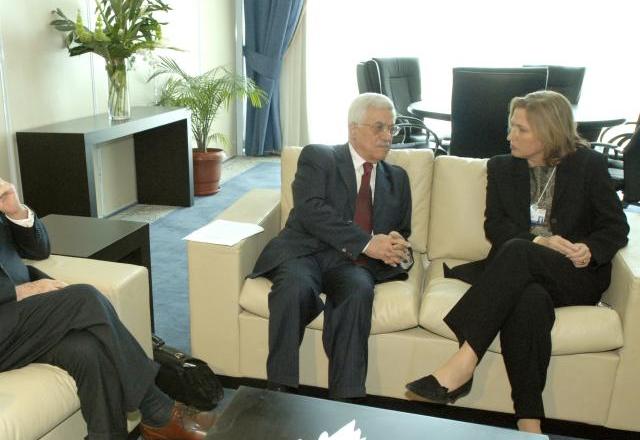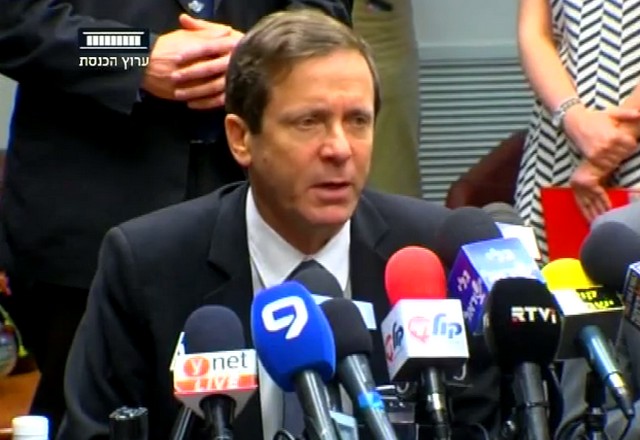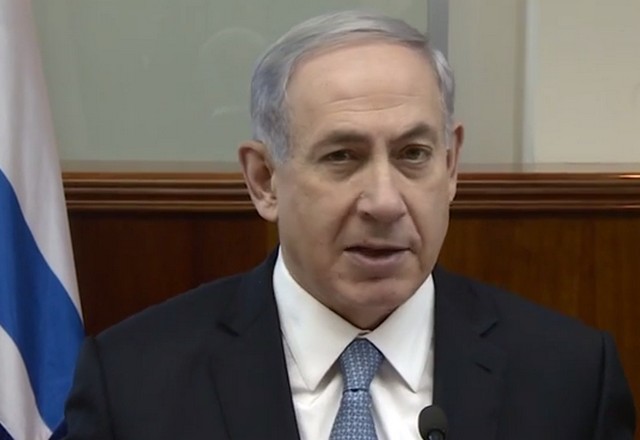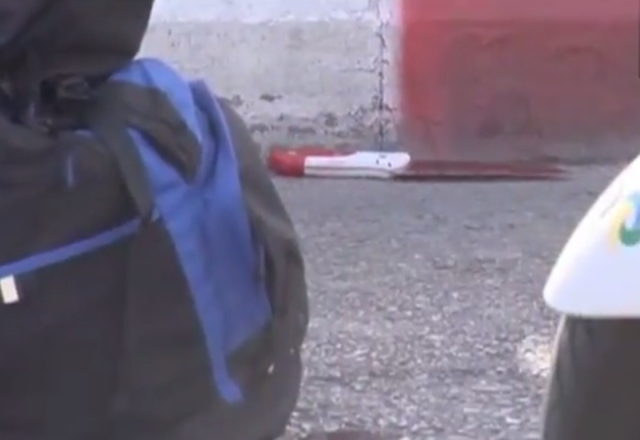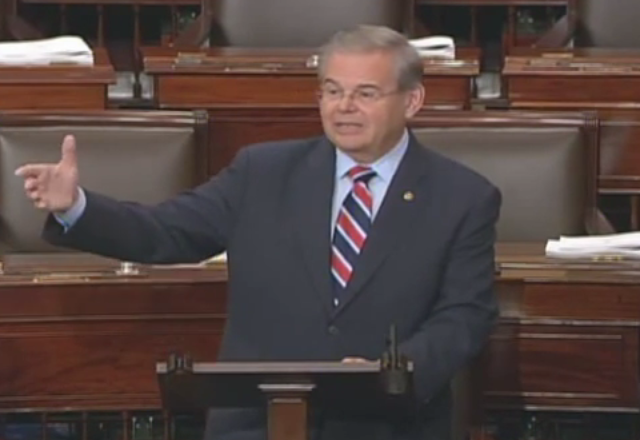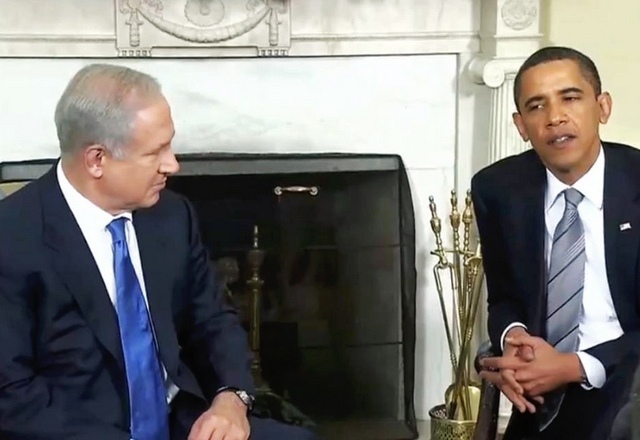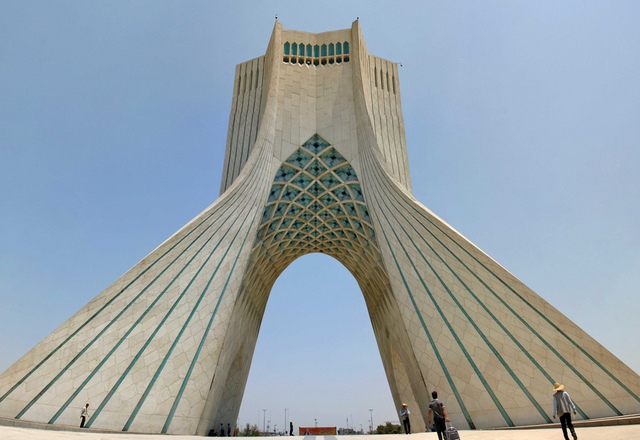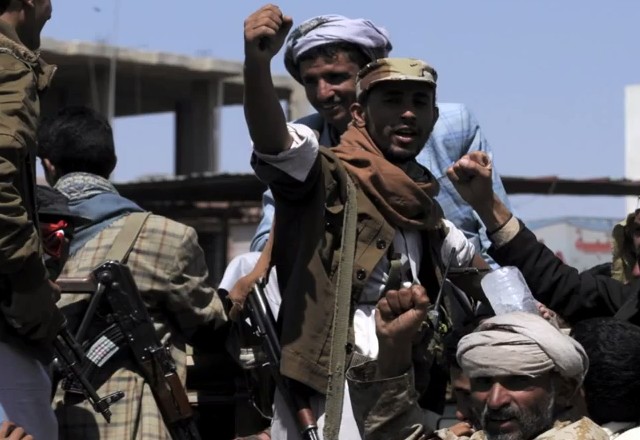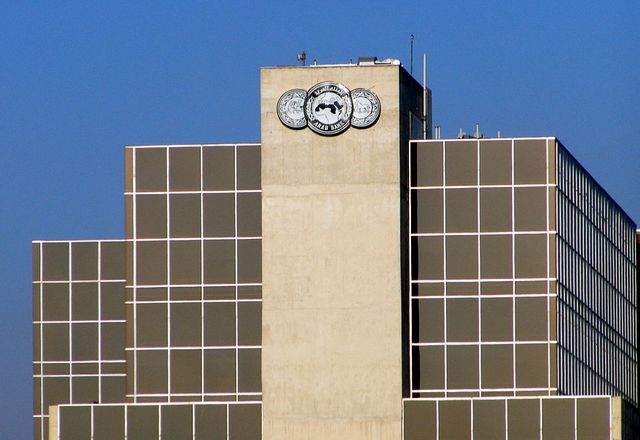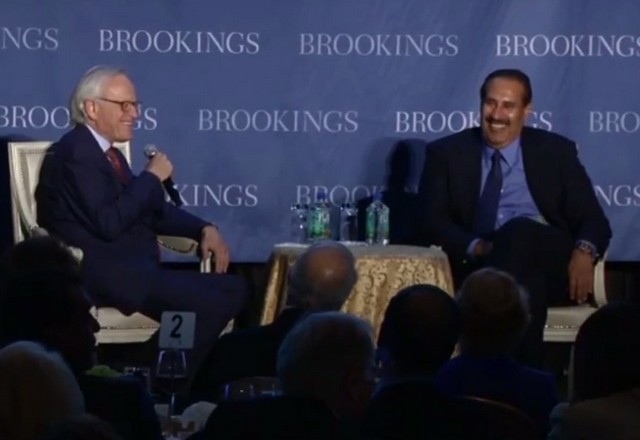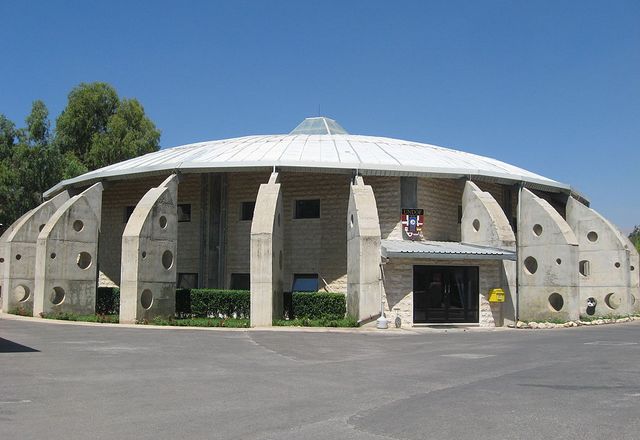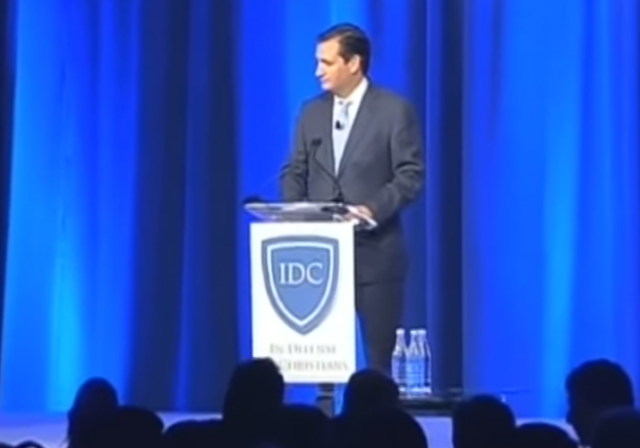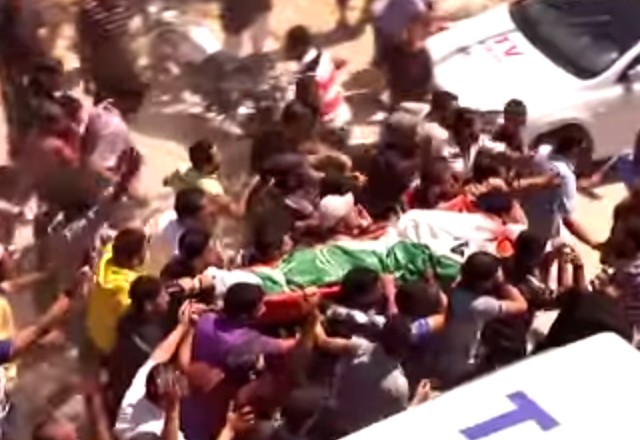Palestinian Political Concrete Jungle
on December 25, 2014
3 Comments
Tzipi Livni, Israel's former peace negotiator, dropped a bombshell yesterday when she explained in an interview with New York Times columnist Roger Cohen, how Palestinian Authority President Mahmoud Abbas torpedoed the American sponsored peace process earlier this year.
One would think that Abbas, who claims he wants a state for his people would try and negotiate one. Instead he took unilateral actions that alienated even the likes of Livni. For those who believe that the Palestinians would benefit from statehood, Abbas' behavior is incomprehensible. Why would Abbas pass up a chance to negotiate for a state for his people, something which conventional wisdom tells us would benefit not only the Palestinians, but the whole Middle East as well? (In fact. Abbas may be refusing to compromise with Israel because Palestinians don't want him to.)
But that isn't the only recent report of Palestinian leaders putting their own concerns ahead of those of their people.
Neri Zilber of the Washington Institute for Near East Policy wrote Gaza's Explosion Waiting to Happen for Politico earlier this week. The central part of Zilber's report focused on the infighting between Fatah and Hamas, that has delayed the rebuilding of Gaza. Fatah, for its part, is supposed to take control of Gaza, but as one Fatah official asked "How do you expect me to go work in the Gaza Strip 'when the Qassam Brigades [Hamas’s elite military wing] goes ahead of me in both power and weapons?'”
Zilber summed up the issue:
Seven years of Hamas control over Gaza would be gradually replaced by the Fatah-dominated PA, billions of dollars in donor aid would flow in, and the Gazan people would be liberated from the continued rule of an internationally-designated terrorist organization (and the continued need for an Israeli and Egyptian blockade around the territory). Or at least that was the idea. But all these plans are on hold as Hamas and the PA engage in a game of political chicken, staring each other down , a reality confirmed to me over the past month in conversations with nearly two dozen Israeli and Palestinian officials (from both Fatah and Hamas), international diplomats and non-governmental sources based in Israel and the West Bank, some of whom requested to remain anonymous so as to speak more freely.


